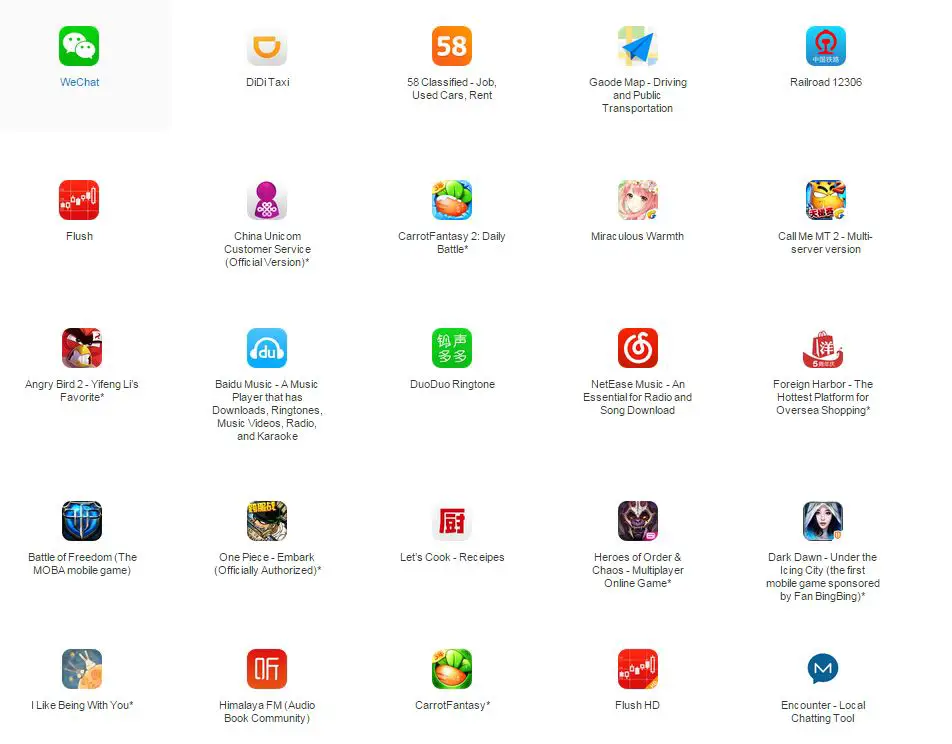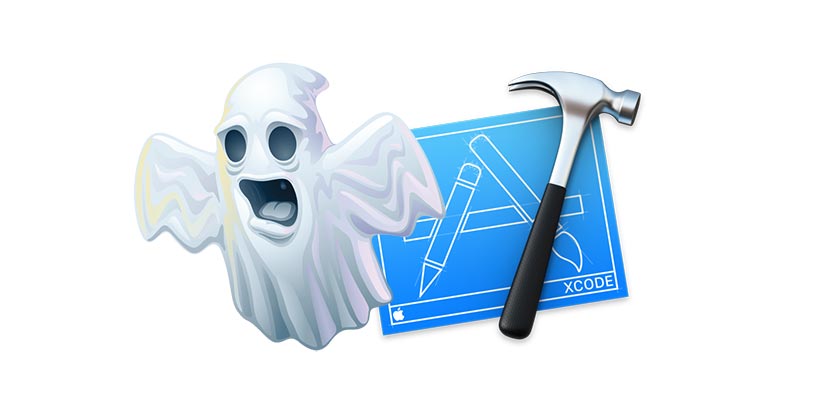Apple has named the top 25 apps affected by XCodeGhost malware but did not elaborate on the entirety of the list or numbers. They also did not say whether or not app stores outside of China were affected by XCodeGhost. The implied reason in Apple’s press release suggests developers in China were impatient with Apple’s download speed of XCode from Apple so they sought out other places to download. This is how malware was able to get into the App store. Apple claims there is no evidence that any personal information with stolen using this attack.
We have no information to suggest that the malware has been used to do anything malicious or that this exploit would have delivered any personally identifiable information had it been used.
We’re not aware of personally identifiable customer data being impacted and the code also did not have the ability to request customer credentials to gain iCloud and other service passwords.
As soon as we recognized these apps were using potentially malicious code we took them down. Developers are quickly updating their apps for users.
Malicious code could only have been able to deliver some general information such as the apps and general system information.

According to security firm FireEye, there were over 4,000 apps affected by XCodeGhost with 1,000 still in the App Store. We’ve reached out to Apple for a response to this claims but have yet to hear back from them.
[button link=”http://www.apple.com/cn/xcodeghost/#english” icon=”fa-external-link” side=”left” target=”blank” color=”285b5e” textcolor=”ffffff”]Source: Apple[/button]Last Updated on November 27, 2018.










